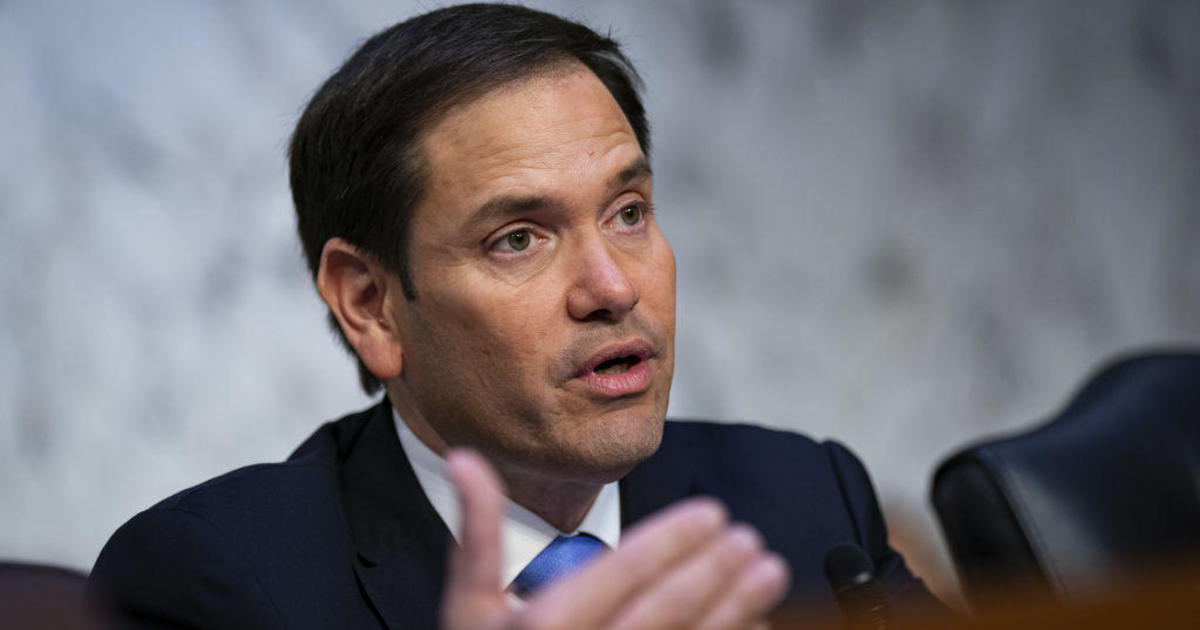Florida Senator Marco Rubio, a potential vice presidential candidate for former President Donald Trump, has come under fire for defending Trump’s controversial remarks on immigrants. In a recent Spanish-language interview with Telemundo, Rubio stood by Trump’s statement that immigrants are “poisoning the blood of our country,” claiming that it was not about race but rather a concern for the country’s security.
Rubio’s defense of Trump’s rhetoric has raised eyebrows among both Democrats and Latino political analysts. While some see Rubio as an effective messenger for the Trump campaign, delivering Trump’s message to the Latino community in their native language, others view his actions as pandering to Trump’s extreme views in the hopes of securing a spot on the ticket.
During the interview, Rubio also expressed support for Trump’s plans for mass deportations, stating that it is in line with U.S. law. This marks a significant shift from Rubio’s previous stance on the issue, where he deemed mass deportations as unrealistic. However, he now believes that the influx of undocumented immigrants poses a serious threat to the country and must be addressed.
In response to Rubio’s defense of Trump’s comments, the Democratic Party has sharply criticized him, likening Trump’s language to that of historical dictators like Hitler and Mussolini. The DNC accused Rubio of sacrificing his dignity in a bid to align himself with Trump’s extreme views and gain a spot on the ticket.
Despite their rocky history, Rubio and Trump seem to have set aside their differences for the sake of political expediency. In the 2016 presidential race, Trump famously referred to Rubio as “Little Marco,” while Rubio mocked Trump over the size of his hands. However, Rubio now claims to have worked well with Trump during his administration and sees the possibility of becoming his vice presidential running mate as an honor and an opportunity to continue serving the country.
As speculation grows about Rubio’s potential role in the Trump campaign, he maintains that he has not had any formal discussions with Trump’s team about the vice presidential position. Nonetheless, he remains open to the idea and views it as a chance to contribute to the country’s future.
Rubio’s shifting stance on immigration and his defense of Trump’s controversial remarks have sparked debate and criticism from various quarters. While some view him as a pragmatic politician navigating the complex landscape of American politics, others see him as compromising his principles in pursuit of power and influence.
In a recent CBS News poll, a majority of voters expressed support for a government program to deport all undocumented immigrants in the U.S. illegally. This sentiment aligns with Rubio’s views on mass deportations, further highlighting the divisive nature of the immigration issue in American politics.
Overall, Rubio’s defense of Trump’s rhetoric and his support for mass deportations underscore the complex and contentious nature of immigration policy in the United States. As he navigates the political landscape, Rubio must tread carefully to balance his own beliefs with the demands of his party and the electorate.









